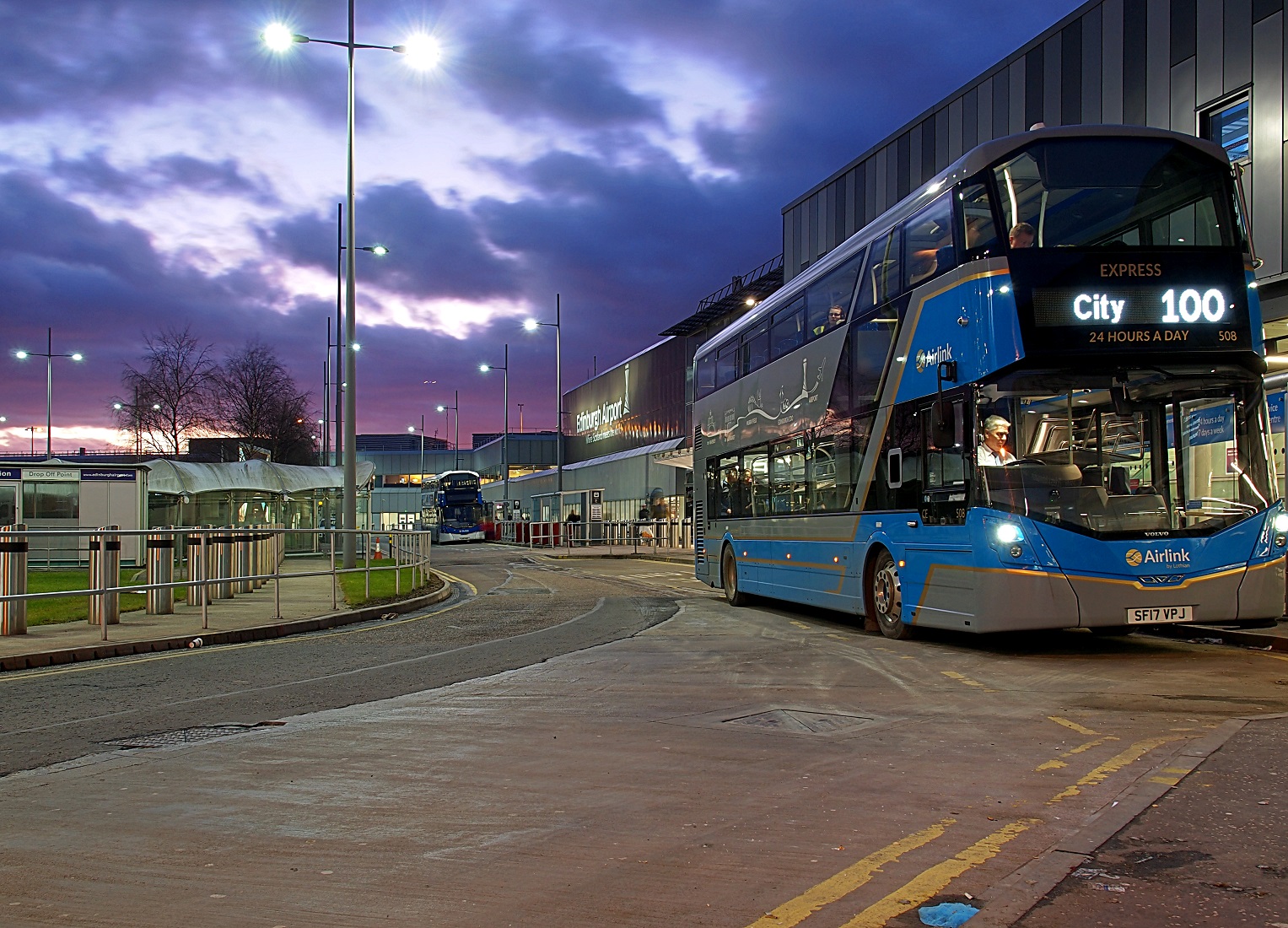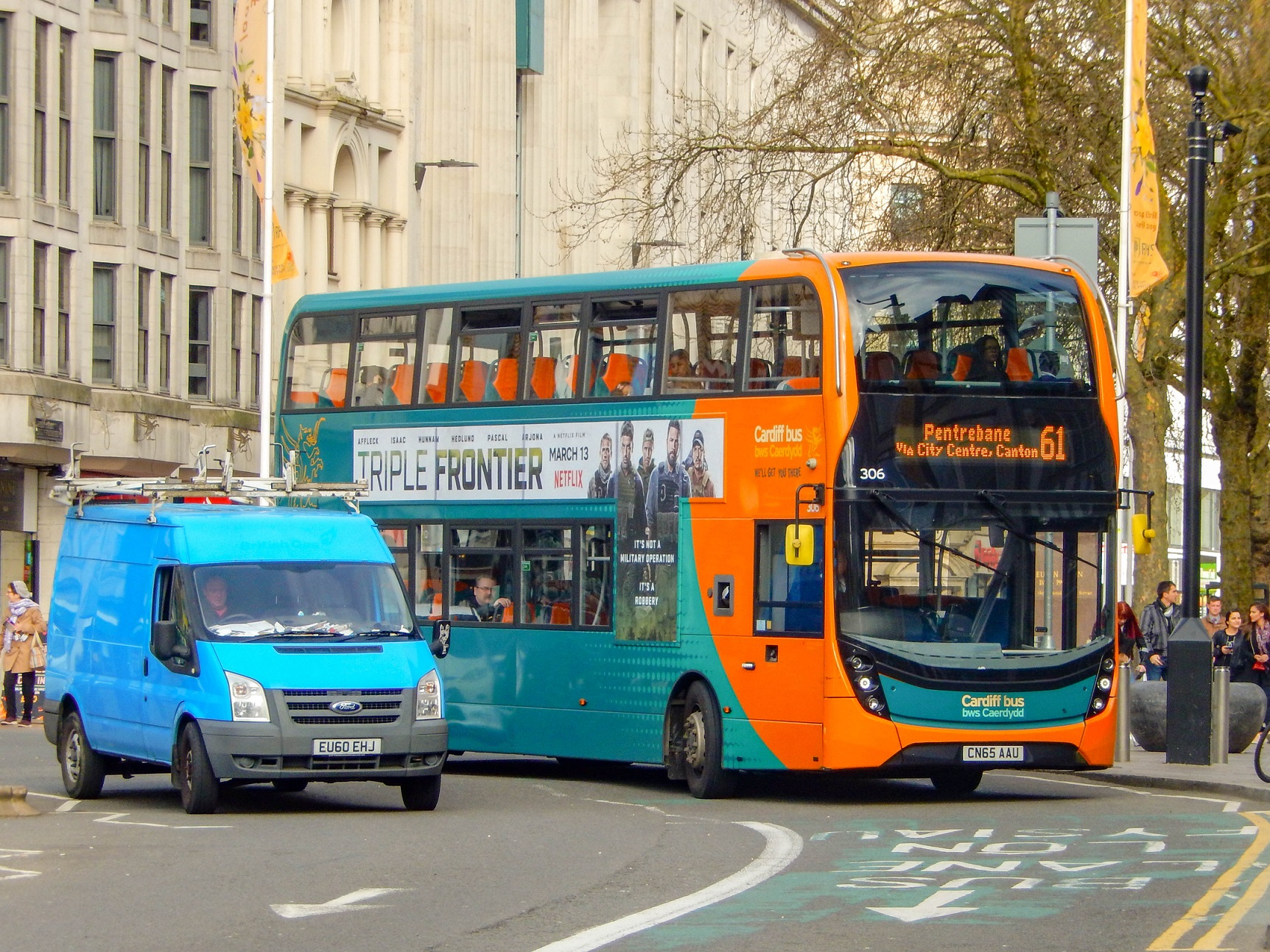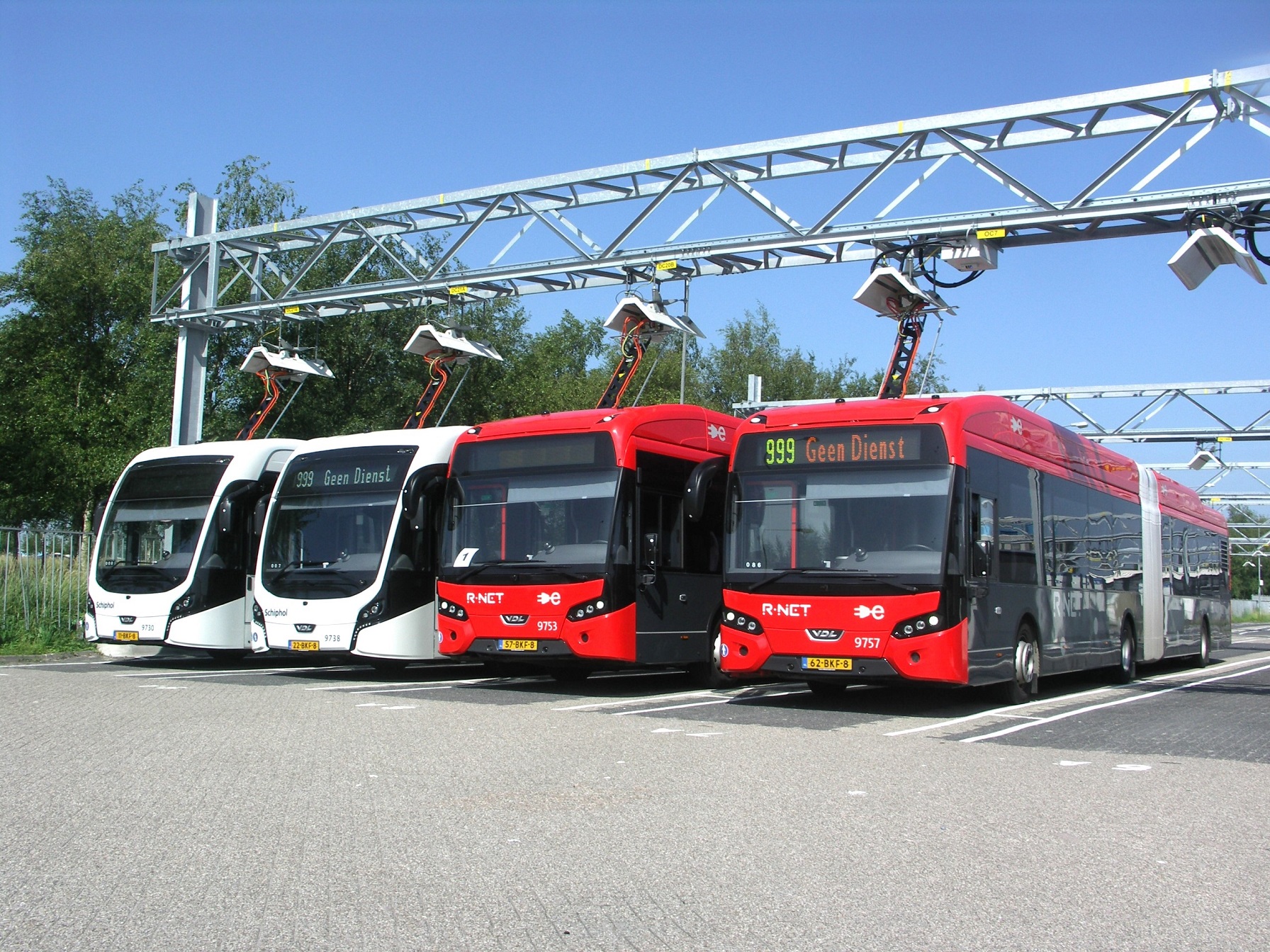The wheels of the economy and government policy keep turning. In my 50-plus years as a passionate advocate of public transport – the majority spent working for passenger transport authorities but with significant periods of working on behalf of all sectors on secondment to national associations, and, post-early retirement, in consultancy – I have seen problems of staff recruitment and shortage recur several times.
The snapshot surveys done periodically for the Chartered Institute of Logistics and Transport (CILT) BusMark benchmarking group and topics introduced by the Association of Transport Co-Ordinating Officers’ ATCOlist online discussion group are frequently concerned with matters related to staff turnover and training.
While not usually statistically reliable, such information exchanges are invaluable in identifying trends and spreading good practice. A good example is the recent Busmark survey summary report, Recruitment of Graduates and Apprentices [1].
In 1967, the National Board for Prices and Incomes became interested in my work under the supervision of Professor Anthony Wren at Leeds University. It predicted that my simulation timetabling ideas would be invaluable for training [2].
This came to pass with the commercial development of simulators, training games and – as IT advanced – monitoring, review and training systems such as Vigil Vanguard [3], which was developed in Australia and extensively used by ComfortDelGro and others.
On the policy front, CILT Bus and Coach Forum Chair and BusMark Chair Austin Birks set up a company in Poland when working for FirstGroup to recruit and train bus drivers to UK standards. Many Polish and other Eastern European drivers arrived in the UK to take advantage of take-home pay in sterling and better working conditions.

Some came to send money home to families, some to broaden their experience and career prospects.
Generally they proved to be good, reliable employees, but many returned home, fearful that Brexit would result in their British employment being terminated with forced returns to their native countries.
Others stayed and are integrating into British communities, often accompanies by Polish convenience stores that are also appreciated!
In my opinion, British industry as a whole should be pressing the government to amend its migration criteria. Groups such as would-be economic migrants from Eastern Europe and African and Middle Eastern countries, often well educated as well as seeking a better life, could bring mutual benefit by filling known employment gaps, such as those in the passenger transport and logistics sectors.
In 2005, shortly after I left full-time employment for retirement (technically only), interspersed with consultancy, the innovative partnership of Metro and West Yorkshire bus operators led by Giles Fearnley set up a study on Reducing staff turnover in the bus industry in West Yorkshire [4].
Metro had a policy of encouraging SMEs and the small consultancy I had joined, Elan PTC, won that contract. Elan was set up by George Watson, a colleague of mine in Scotland at Strathclyde PTE who moved on to Scottish Bus Group, SCOTMAP, Western SMT and Clydeside Buses, as well as a variety of operators in England.
Elan subcontracted Harris Market Research to stage focus groups with head office operational and planning staff, depot management, engineers and users at a sample of the 40 or so operators that West Yorkshire had. The findings broadly said that the smaller operating units (whether SMEs or PLC depots) had lower turnover, but that the most successful by far were those where – regardless of size – the management and staff were equally committed to the business, shared mutual respect, and were prepared to innovate.

In the larger units, that did not mean management and union representatives agreed on everything. Far from it!
However, both shared the common objectives of getting the best outcomes for people – staff and customers – by effective and efficient use of the resource available.
The standout depot for me in the study was First’s in Huddersfield. I spent several early mornings watching staff manage the run-out and smoothly coping with failures and absences. The great thing at Huddersfield was that it had morphed into a university town following the loss of its traditional industries.
Furthermore, many of the students were from Asia. They tended not to go home in vacations. So a number of shift patterns that were unusual then emerged:
- Parent-friendly rotas, increasing diversity in the workplace and covering all times after the morning school peak up to early evening, when children were collected from after-school activities and childminders
- Holiday covers, worked by year-round students that allowed longer-established staff to take holidays at periods such as Christmas and around other religious festivals
- Evenings, worked by students, or staff who preferred that time of day.
This mix was popular with staff and the public, saw fewer cancellations (and fewer grumpy drivers), and patronage was growing, in contrast to most large depots.
The keys to success? Basically, keeping everyone – management, staff, customers – happy. A favourite learning of mine from Scottish days in a competitive environment (and they did exist before 1986) was this:
The partners believe that if the punters choose us to travel to work with, to go shopping and to fitba and other recreation, then they should run services to get them to the church on Sunday, home when the pubs close, and visit their friends and relatives all weekend.
Social capitalism? Maybe. But a great attitude that should prevail today, rather than the depressing trend of managing decline because the public sector hasn’t the money to support us.
References
- CILT (2023), Recruitment of Graduates and Apprentices
- National Board for Prices and Incomes (1967), Productivity Agreements in the Bus Industry
- Effectiveness of the Vigil Vanguard in bus driver training: A pilot study (2005), Sheahan, V., Biggs H., both Gold Coast University (Brisbane), Dingsdag D, Cardiac Arrest Survival Foundation, Australia
- Elan PTC for West Yorkshire Bus Partnership (2005/06), Reducing Staff Turnover in the Bus Industry in West Yorkshire. Out of print but please email home@carruk.net with any questions.
About the author
John Carr represents the Association of Transport Co-Ordinating Officers and is retained as an adviser on markets and product development by EPM.



























